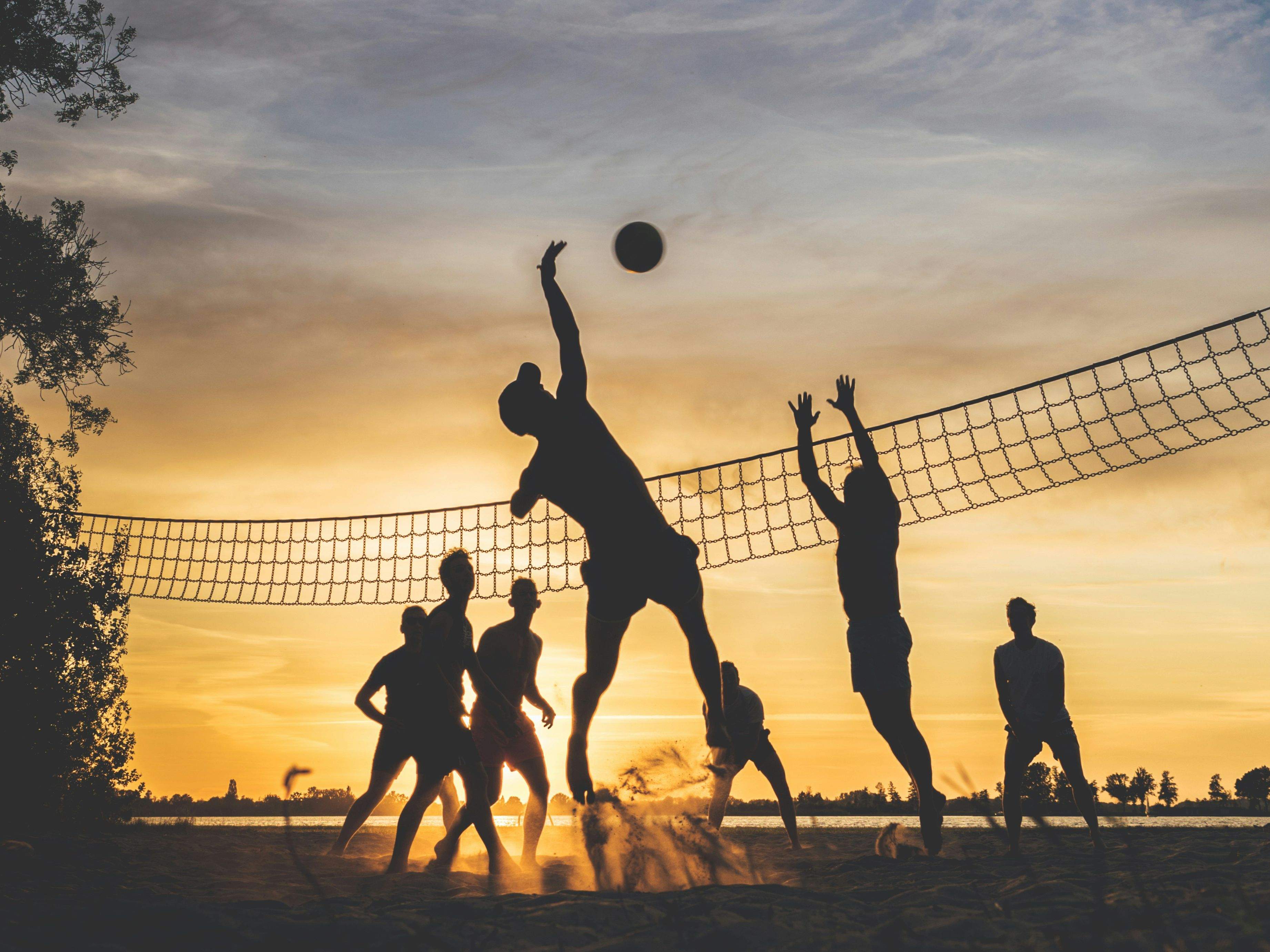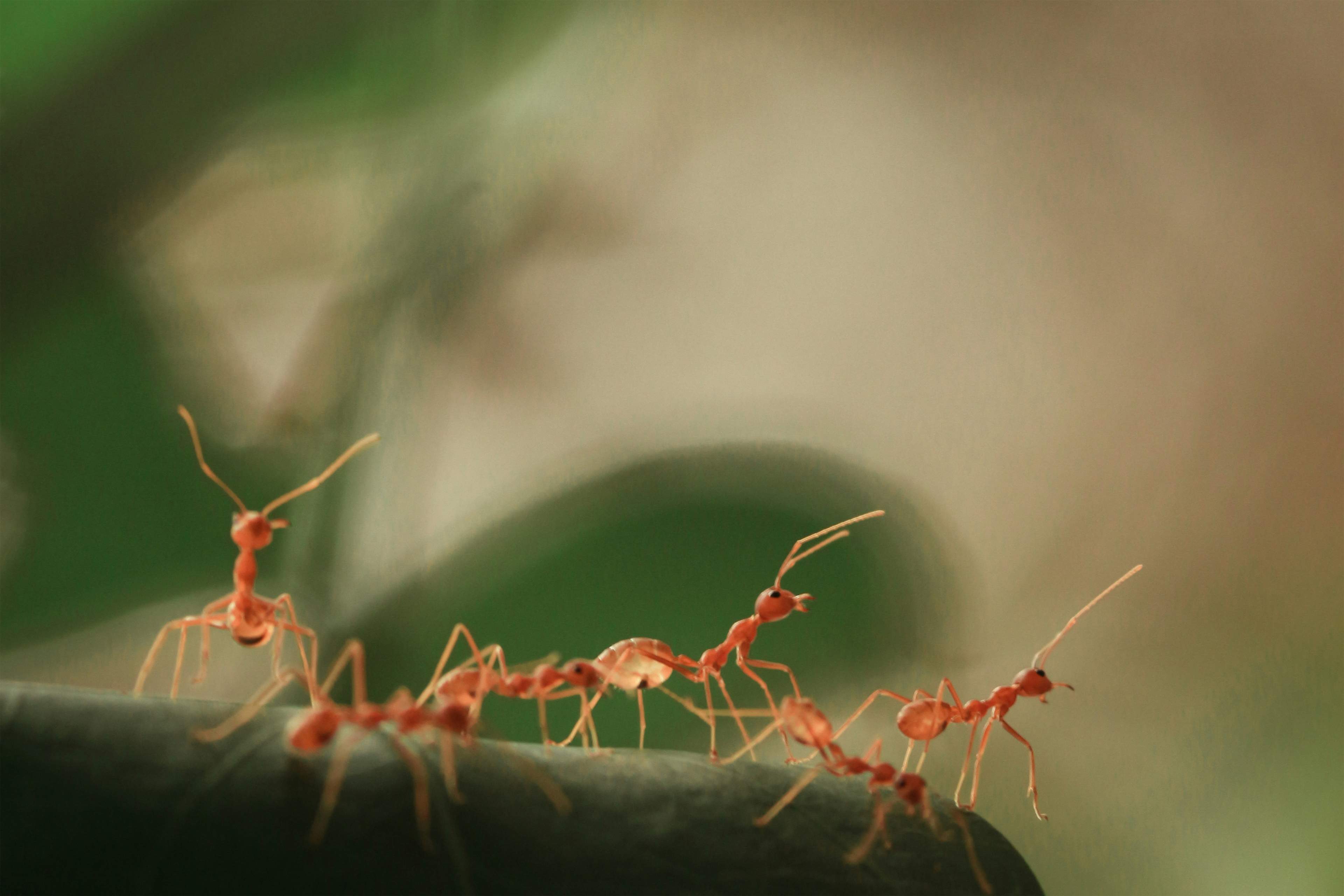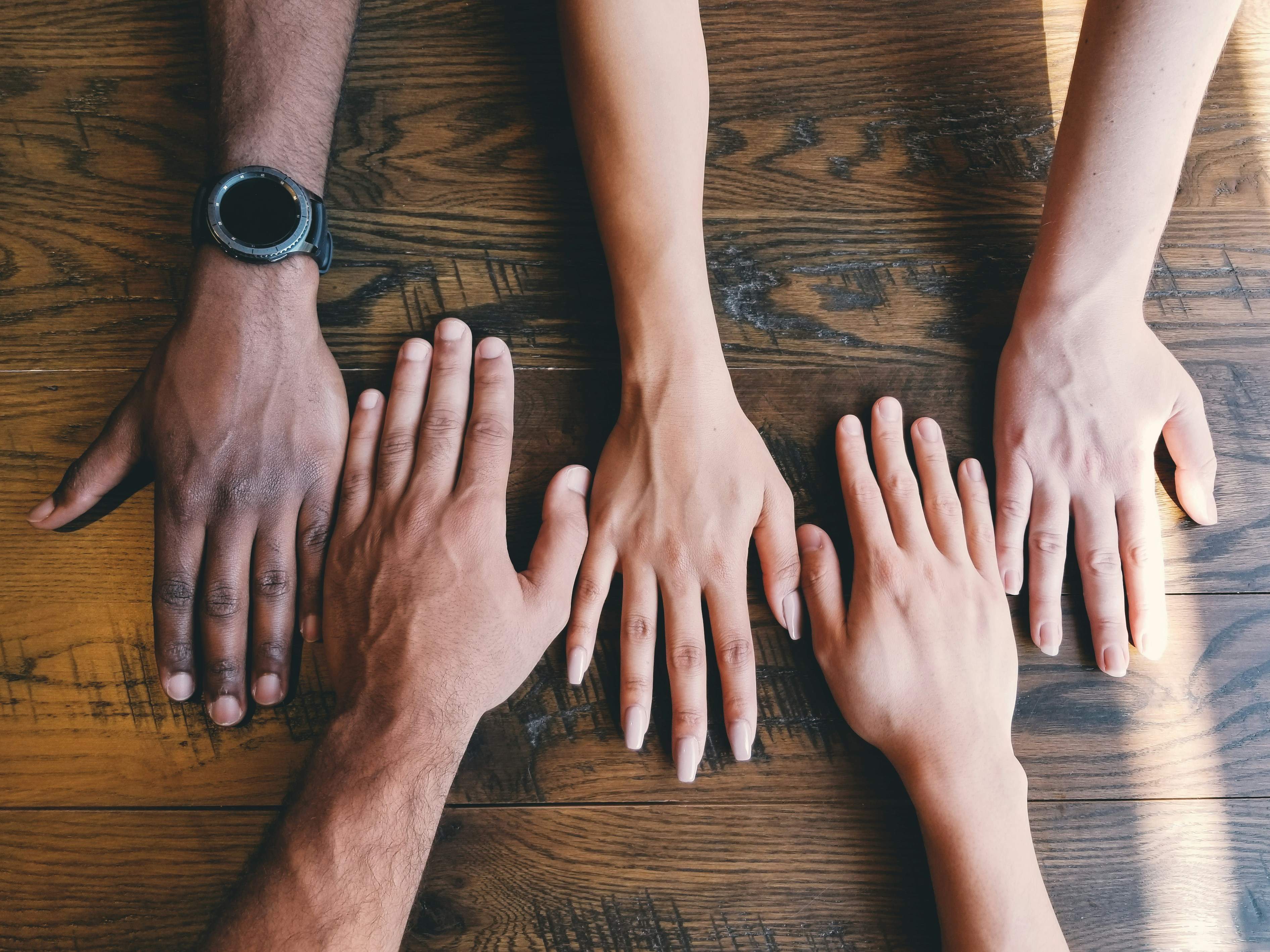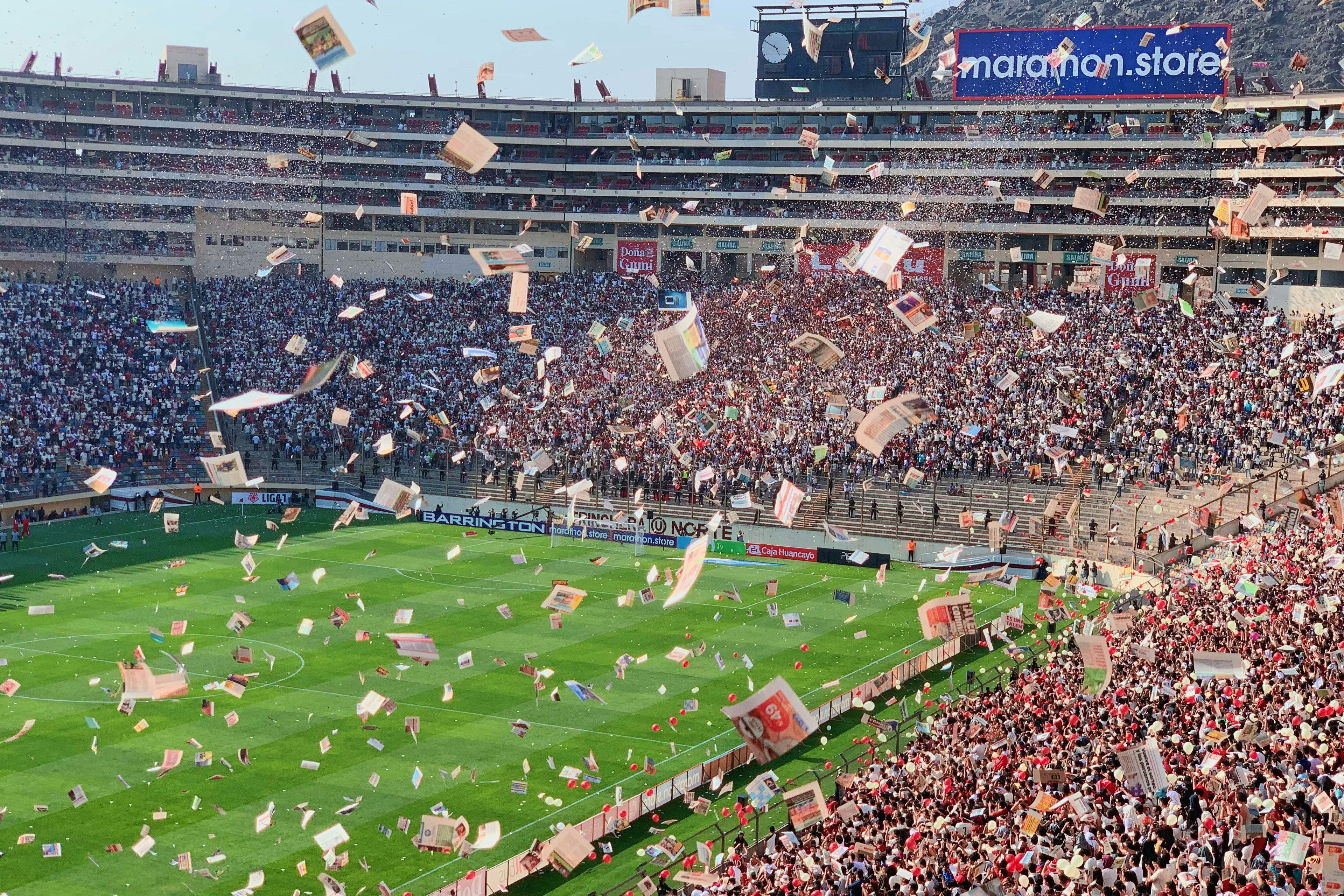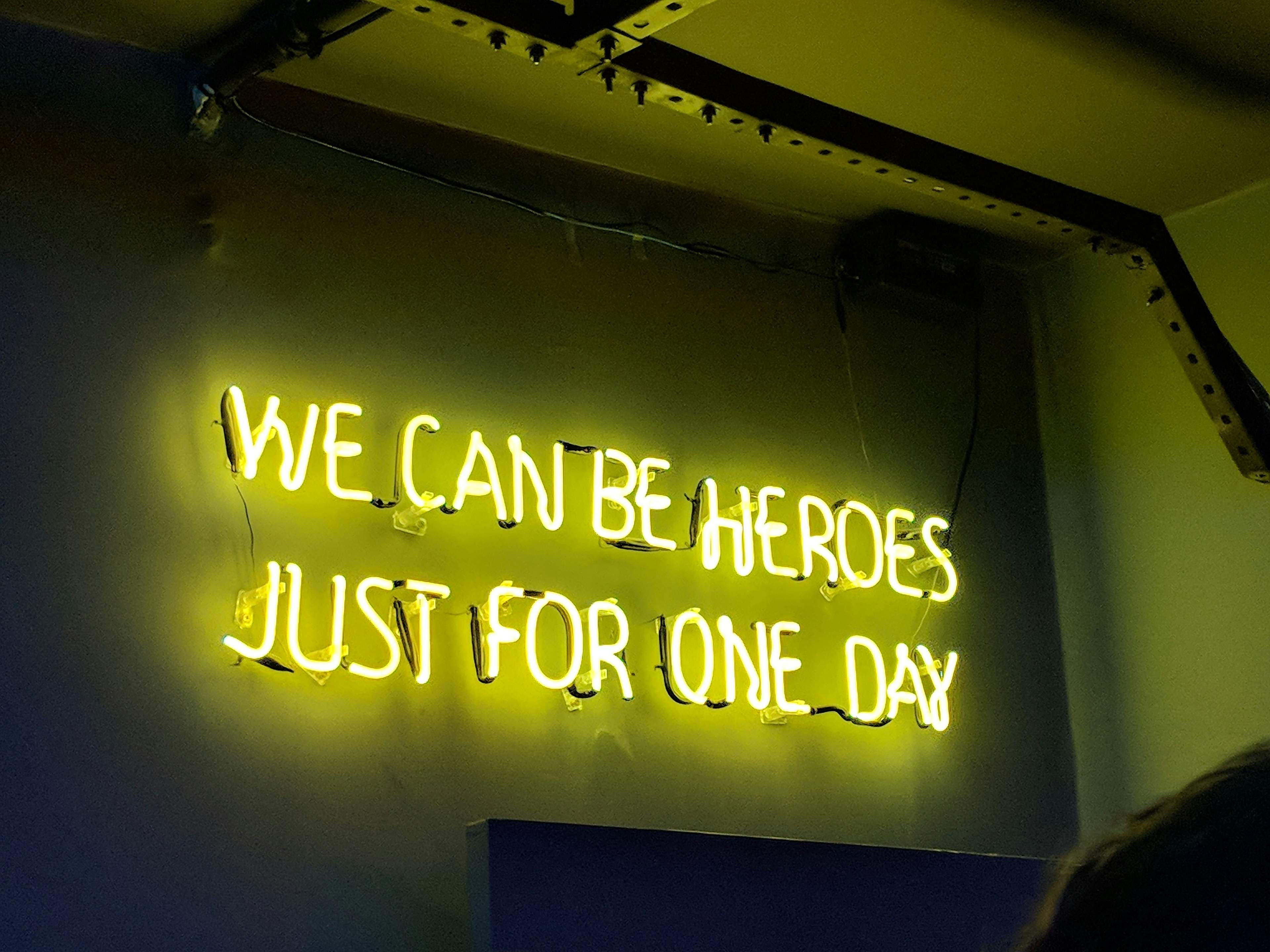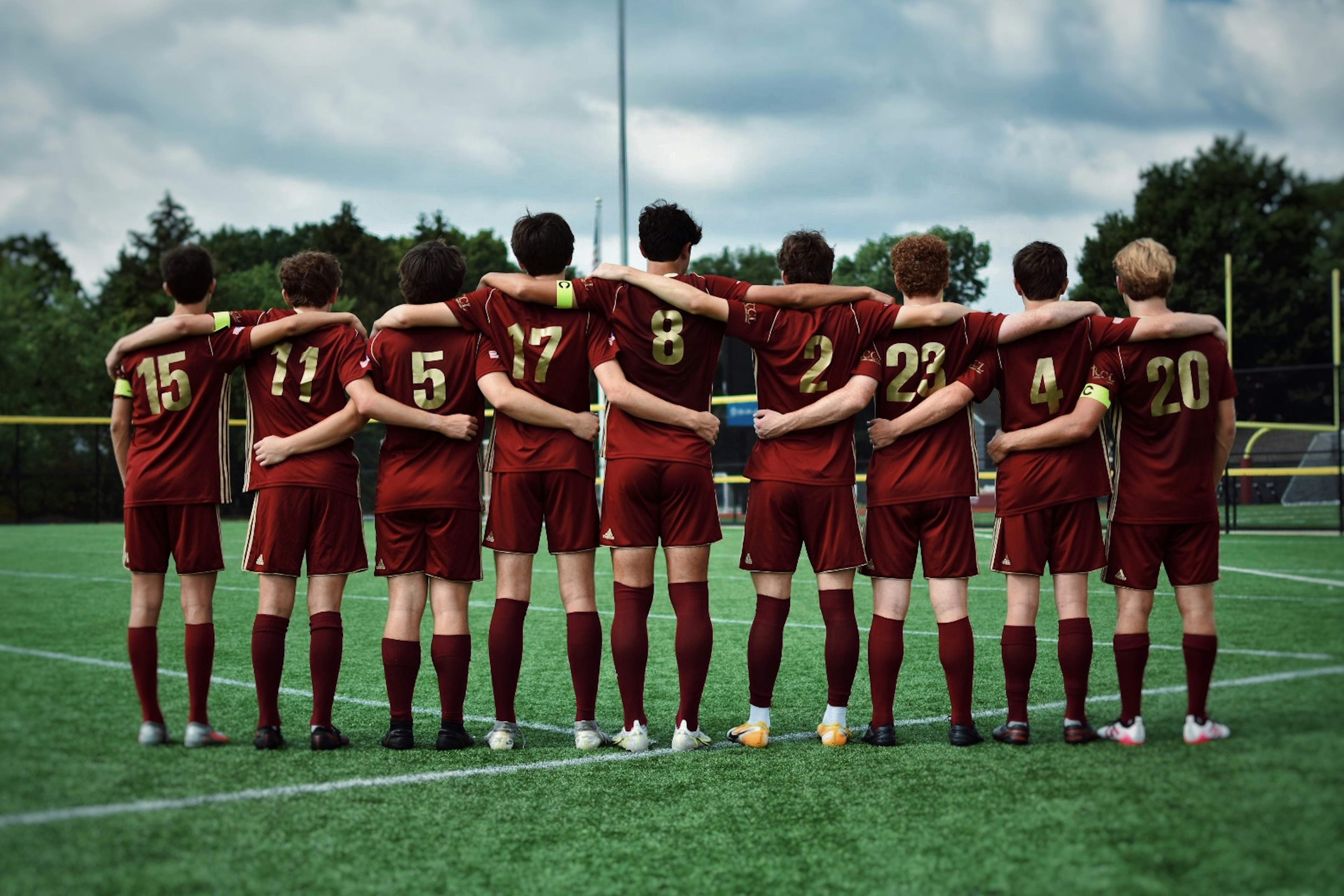Beyond Belonging: The Power of Sport in Heralding Unity
“Sport has the power to change the world. It has the power to inspire. It has the power to unite people in a way little else does.”
- Nelson Mandela
Belonging is the quintessential need of existence.
The feeling of being accepted, of finding familiarity and comfort in shared experiences – shared understanding – is one every species strives for.
The humble ant, for example, in its solitude is entirely vulnerable. But place that same ant in a colony, millions strong with a unified drive to safeguarding the “superorganism’s” survival, and it becomes invincible. This is the same for many of our friends in the animal kingdom. Whether it’s a wolf, a honeybee, an ant or orca, those who become lost from their community seldom survive. Those who become lost, become lost for good.
Humanity is no different. We thrive on connection. We gravitate towards those who share our values. We fight to protect these individuals and to ensure our own communities, our “superorganisms,” survive.
This need to belong has nurtured some of our darkest tendencies throughout history. It has driven horrifying wars, oppressive conquests and racial prejudice. But, it has also brought out the best in us. Through the drive to belong, communities have unified in their pursuit of justice. People have bonded over a passion for what’s “right.” We have survived.
Today, the yearning for belonging has evolved into a deep obsession with social identity, which can be seen in how communities bond around sports. Nelson Mendela once said, “sport has the power to unite people in a way little else does.”
I completely agree.
Sport is the most powerful unifying force in the world today. It is the only globally recognised commonality. It breaks down barriers, connects communities and sparks conversations.
Sport helps humanity thrive and together, I want to explore why.
Uniqueness - The Barrier to Belonging:
Humans are curious creatures. As a species we seem to have our evolutionary wires crossed, with an innate craving for connection conflicting the fact that every individual is, inherently, unique.
This uniqueness is perhaps the greatest barrier to belonging. We each possess different talents, capabilities and flaws which accomplishes two things.
One – It enables humanity to achieve incredible feats by connecting and compensating for one another’s limitations.
Two – It also creates a constant undercurrent of fear that someone “new” or “better” will come along and disrupt our world.
The second of these is completely misguided.
When we allow “uniqueness” to become a barrier to belonging it deprives us of the ability to transition new philosophies or ideas into opportunities for growth. Without taking these opportunities, we then become lost onto ourselves, siloed into echo chambers that reaffirm our powerful social values as much as they do our misguided beliefs.
“Those who become lost, become lost for good.”
This is where, I feel, sport plays its first major role in breaking barriers down to foster a universal sense of belonging.
How Sport Connects Communities:
Sport has always formed a big part of my life.
I grew up in Townsville, a regional town in Northern Queensland Australia whose collective spirit was shaped by our local footy team, the Cowboys. Here, our community would embraced a shared kinship grounded in support, as our local heroes fought to show the often-forgotten region’s heart and resilience on a national stage.
I’ve since moved to Brisbane, where I found a new sense of community through a local cricket club.
The people in this club are vastly different. They’re ideologically different, demographically different and theologically different. Many of them I never would’ve met, let alone befriended, in any other context. Yet, I know that under the shared value system of this club, they would be some of the first to help me if I was in need.
My experience isn’t unique. Across the world there’s a primal loyalty in how communities gather around their sporting heroes. Take the Olympics or the FIFA World Cup. These global spectacles bring together some of the most ethnically and culturally diverse groups of people imaginable, all of whom are united in a single purpose: to see their team win.
Sport has that power. It has that sway.
Through supporting our sporting teams, we can connect over a shared sense of identity otherwise unavailable within our day-to-day lives. Sports and the heroes they raise promote belonging, breaking down the barriers of uniqueness by providing a conduit through which we can publicly pursue our own dreams.
“Sport is a language – and despite our uniqueness – it’s a language we all speak fluently.”
Heroism Its Ability to Inspire:
What draws us to heroes? Why do they inspire us to become better?
The Olympic Moto – Faster, Higher, Stronger – sets an aspirational tone for what athletes should strive for. “To be the best, you must be faster, higher and stronger.” Likewise, major sporting labels like Nike, “Just Do It,” and Adidas, “Impossible Is Nothing,” amplify this narrative in their brand messaging.
Away from sport values like compassion, resilience and kindness are also championed, with major moral movements regularly making headlines as they “pick up steam” amongst those wanting to be part of something greater.
The traits we perceive as “desirable” are evidently those same ones entwined with the public figures and brands we want to believe in. So, when a hero comes along who adopts these “desirable” principles, it’s hard not to become inspired.
Our heroes carry the ideals we strive for into day-to-day life. They provide inspiration for how we should carry ourselves and, accordingly, have the power to unify different individuals over a shared vision for self-betterment.
Some would call this shared vision fanaticism.
Fanaticism, Friendship and Our Future:
Fanaticism often gets a bad rap, sometimes very fairly. It’s characterised by blind devotion and non-considered thinking which, when taken to the extreme, can be incredibly dangerous. But, in moderation, is a little bit of fanaticism really so bad?
All sporting “fanbases” are a little fanatical, allowing their team’s performance to dictate their moods and interactions even where the result has little real influence on the world. Or does it?
I’ll admit it, I’m one such fan. When my team loses I get livid. I have been known to charge into the fire of a social media comment war from time to time.
But, it’s this same passion that fuels several of my friendships, giving me something to “rant” about, celebrate and bond over.
A little bit of fanaticism, such as that found within sporting fanbases, yields an unmatched passion that inspires friendships and creates conversations that can change the world.
In 1995, South Africa defeated New Zealand in the Rugby World Cup final. But it was more than just a win. It was a defining moment for anti-apartheid commentary. In the country’s first major sporting event since its social unification their team played beneath a “One Team, One Country” banner that directly opposed the shadow of a lingering divide. The eventual victory, with this banner, thus became a symbol of social cohesion and a powerful moment in the country’s healing.
Sport has that power.
It’s the social glue that makes our species unique to all others. It breaks down barriers, inspires belonging, guides our values and, moving forward, will undoubtedly continue to play a role in bringing us together.
I love sport and, truly, can’t wait to see where it takes us next.
